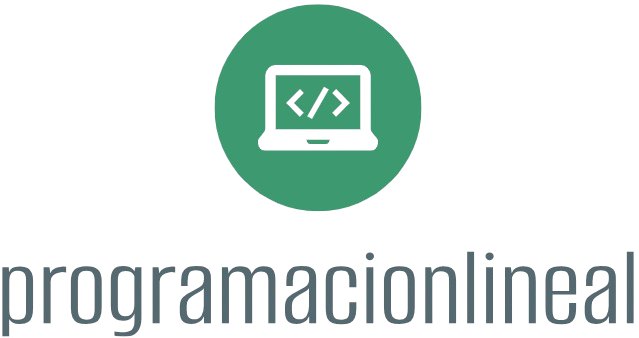Effective database management is crucial for any organization that relies on data to drive decision-making and operations. A variety of tools are available to help database administrators and developers efficiently manage, maintain, and optimize databases. Here’s a look at some of the best tools for database management:
- MySQL Workbench:
MySQL Workbench is a powerful tool specifically designed for MySQL databases. It offers a graphical interface for database design, SQL development, administration, and performance tuning. Features such as data modeling, server configuration, and user management make it easier to manage MySQL databases seamlessly.
- pgAdmin:
For PostgreSQL users, pgAdmin serves as an advanced database management tool. It provides a robust graphical interface for managing databases, executing SQL queries, and executing graphical query plans. pgAdmin is known for its ease of use and comprehensive features, making it a popular choice for PostgreSQL developers.
- Microsoft SQL Server Management Studio (SSMS):
SSMS is the go-to tool for managing Microsoft SQL Server databases. It offers an integrated environment for SQL Server administration, allowing users to perform a range of tasks such as monitoring performance, configuring security, and setting up backups. Its powerful query editor and graphical tools make it suitable for database professionals.
- Oracle SQL Developer:
This free tool from Oracle allows database administrators and developers to perform a variety of tasks with Oracle databases. SQL Developer provides features for database design, query execution, and migration support. Its user-friendly interface and powerful capabilities make it a must-have for Oracle professionals.
- DBeaver:
DBeaver is an open-source database management tool that supports various database systems, including MySQL, PostgreSQL, Oracle, and SQL Server. Its versatility allows users to manage multiple databases from a single interface. DBeaver offers features like a SQL editor, data visualization, and schema browsing, making it suitable for developers and data analysts alike.
- HeidiSQL:
HeidiSQL is a lightweight, open-source tool aimed primarily at MySQL and MariaDB users. It is known for its simple interface and efficient performance for managing databases. Users can easily create, edit, and delete records, run queries, and export data in various formats, making it a convenient choice for smaller projects.
- Navicat:
Navicat is a versatile database management tool that supports multiple database types, including MySQL, PostgreSQL, SQLite, and Oracle. It offers a user-friendly interface and a robust set of features such as data modeling, backup scheduling, and query building. Navicat is a popular choice among developers who require cross-platform support.
- Robo 3T (formerly Robomongo):
Robo 3T is a lightweight and feature-rich MongoDB management tool. It provides an intuitive GUI for managing MongoDB databases and supports features like querying, document editing, and schema visualization. Its simplicity and ease of use make it an excellent choice for developers working with NoSQL databases.
Choosing the right database management tool depends on the specific needs of your organization, the database systems you are working with, and your personal preferences. The tools mentioned above offer a range of functionalities to support database management, making it easier for administrators and developers to effectively work with data.











